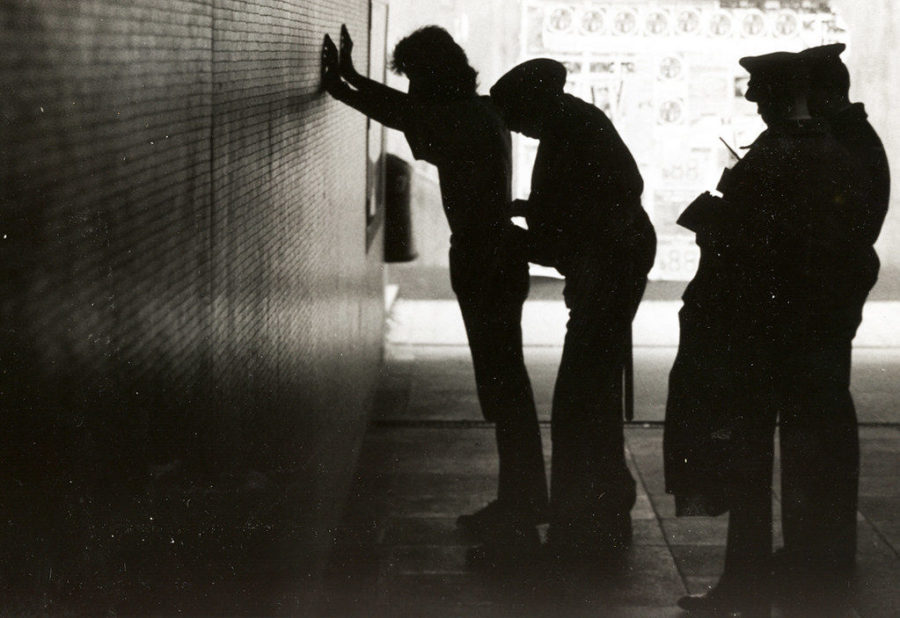Hellman: Addressing millions of people with one word
June 22, 2020
Conversations about racism and modern day slavery within our nation have increased since protests demanding justice for George Floyd, Breonna Taylor, Ahmaud Arbery and so many others have occurred across the globe. I think this shows that (white) people are acknowledging that racism is, at the very least, worthy of discussion. Hopefully, these conversations serve as an outlet for deepening education and empathy on the topic. Personally, this has been mostly true as I find myself participating in discussions about race at home, with friends and even at work.
However, there is a disparity occurring that I find limits the amount of progress and understanding within these conversations. This disparity resides in the aftermath of using terms to address large groups of people, such as Blacks, whites and police officers.
I don’t believe that using these terms is a problem, but conflict arises when people assume that labels for addressing certain groups of people apply to every individual within that group. This can lead to feelings of being personally attacked if you identify with the group being addressed, which shifts the conversation into a volley of self-defense and detracts from the real conflicts at hand.
Generalizations are obviously not applicable to every individual and this shouldn’t have to be clarified after addressing a large group of people. The most popular example of this is the argument that, “not every police officer is bad.”
It should go without saying that not every police officer acts in the same manner as the killers of George Floyd, Breonna Taylor and so many others. However, cops operate in a system that allows and encourages discriminatory and racist actions.
Obviously not every cop acts with racist intentions or uses their badge as a justification for unnecessary violence, but the system they work in allows it, encourages it and protects them if they do it, which we have seen in many cases.
It is easier to assign the conflict of severe injustice to humans with a conscience instead of fighting multiple institutionalized systems in our society.
This is true in the other sense as well, where white people use generalizations to attack entire groups of people. For example, in a recent conversation I had, it was brought up that Black people kill Black people too, which shows “they have no respect for life.” This went on to justify the oppression of Black people, since “respect is earned and starts from within.”
Honestly, it was disgusting to hear this and it left me at a loss. To argue for the basic human rights of people to someone who does not view Blacks and Browns as worthy of humanity is nearly impossible. To use a fact that is true for all races — whites included — against every person of color is beyond unjust.
Using broad labels to speak of the entire population of Blacks, Browns, whites and police officers must come with the understanding that generalizations cannot and do not represent every member of the group. The only time this is not true is when discussing the rights of a group of people; there should be no outliers to justice and equality.
Hopefully, this will allow conversations of racial justice to progress without the interference of proving the innocence or guiltiness of an entire group of people based on personal connections.







